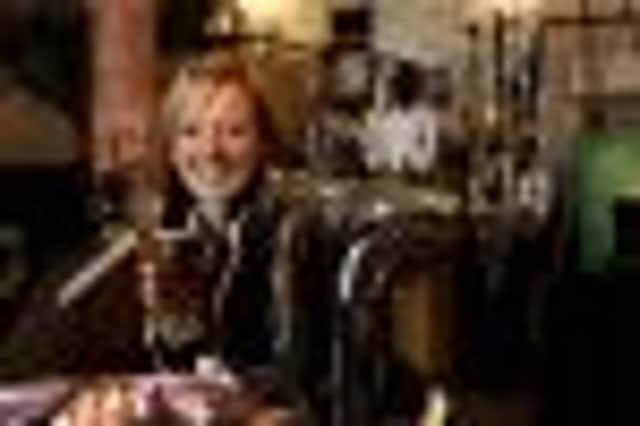Molson Coors calls for tax boost after thousands of local pubs forced to close
This article contains affiliate links. We may earn a small commission on items purchased through this article, but that does not affect our editorial judgement.


A report by Molson Coors, the brewer of Carling, found that 1,190 Scottish pubs closed between 2007 and 2012. The figure, equivalent to 19.8 per cent, was offset by just 269 openings.
The decline is larger than that experienced south of the Border, with the traditional “local” pub being the worst affected.
Advertisement
Hide AdAdvertisement
Hide AdThe report found that “community pubs”, defined as those serving mainly drinks and catering for customers who live in the area, suffered a net closure rate of 18 per cent. Some rural areas lost more than a third of their local watering holes.
Phil Whitehead, managing director of Molson Coors Scotland, said the study also highlighted that Scots valued their local pub and the “key role” it played in the community – support that will help see the industry through the current tough times.
Among those roles, he said, was teaching young drinkers to enjoy alcohol responsibly, by serving specific measures in a controlled and sociable environment. He added that pubs and brewers also play an important economic role, employing 50,000 people in Scotland directly, with a further 25,000 jobs in the supply chain.
A shift in drinking patterns which has seen more people buying alcohol from the off-trade to consume at home, the recession and the effect of the smoking ban are among the difficulties the industry is facing. Molson Coors’ study also found that despite perceptions of a drink problem, Scots are drinking less than they did five years ago.
But the report also highlighted that many publicans had succeeded in making their businesses a success in recent years, by providing a high standard of service and diversifying their business model to attract a wider clientele.
Anna Christopherson, who owns five bars in Edinburgh with her husband Mike, was held up as an example of the new breed of publican after bringing in customers with activities such as jogging clubs, clothes swaps and language classes. She said: “If you’re to thrive today, you have to give something a little extra and make the pub the heart of the area you’re in, which is welcoming to everyone.”
The advent of minimum alcohol pricing, which will cut the margin by which supermarkets can undercut pubs on price, may also help the on-trade.
Advertisement
Hide AdAdvertisement
Hide AdWhitehead said: “I remain really hopeful for the local pub because people love them and many publicans are bucking the trend.”
Speaking at the launch of the report at Christopherson’s Hemma bar in Edinburgh, he called for an end to the beer duty escalator, which commits the UK Treasury to above-inflation tax hikes every year and has already led to a 38 per cent rise in tax on a pint in the last four years.
Business rates for pubs should be brought more in line with other kinds of enterprise, he added, while licensing requirements and red tape should be relaxed to encourage more entrepreneurs into the industry.
He added that Molson Coors is working with pubs to help them identify new local markets.